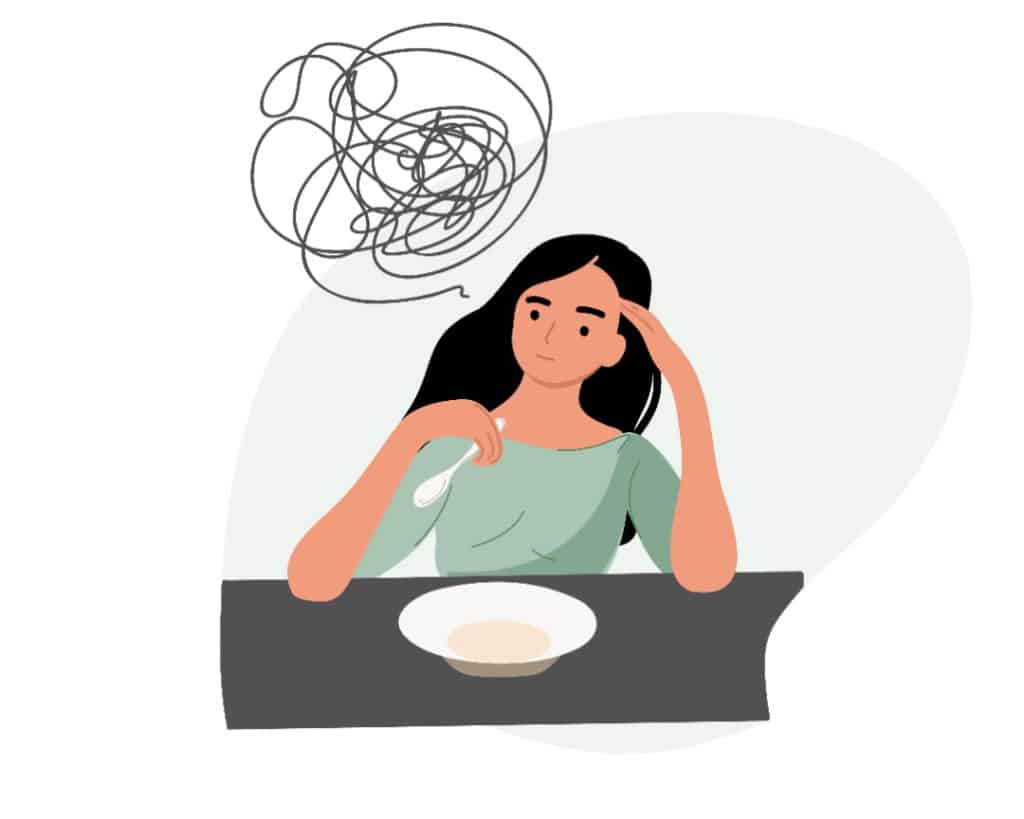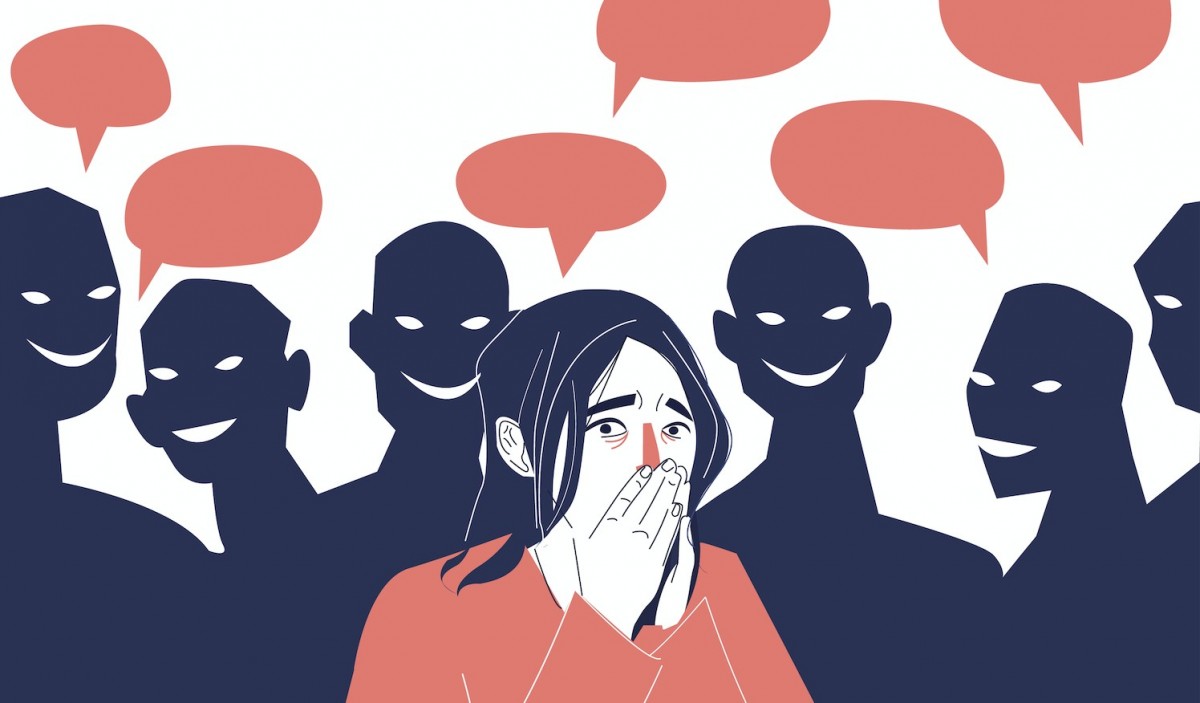About EmpowerMinds
Welcome to EmpowerMinds, your premier platform for psychological support and well-being. At EmpowerMinds, we believe that everyone deserves access to comprehensive resources and compassionate guidance to navigate the complexities of mental health.
Discover a wealth of meticulously curated resources on our platform, covering a wide spectrum of psychological disorders. Our extensive collection of articles, guides, and multimedia content offers valuable insights and practical advice to help you gain a deeper understanding of your challenges. With EmpowerMinds, you can explore various therapeutic approaches, coping techniques, and self-care practices tailored to your specific needs In addition to our comprehensive resource library, we offer a personalised counselling service, facilitated by a team of qualified and empathetic professionals. Our compassionate counsellors and therapists are dedicated to providing individualised support, helping you navigate your unique journey towards healing and personal transformation. With EmpowerMinds, you can access therapy sessions, support groups, and connect with licensed professionals who are committed to your well-being.












